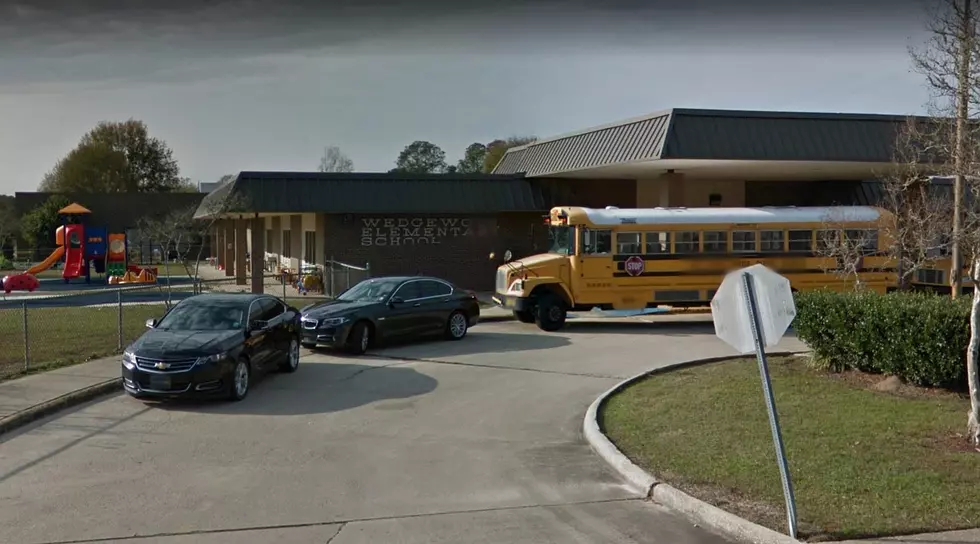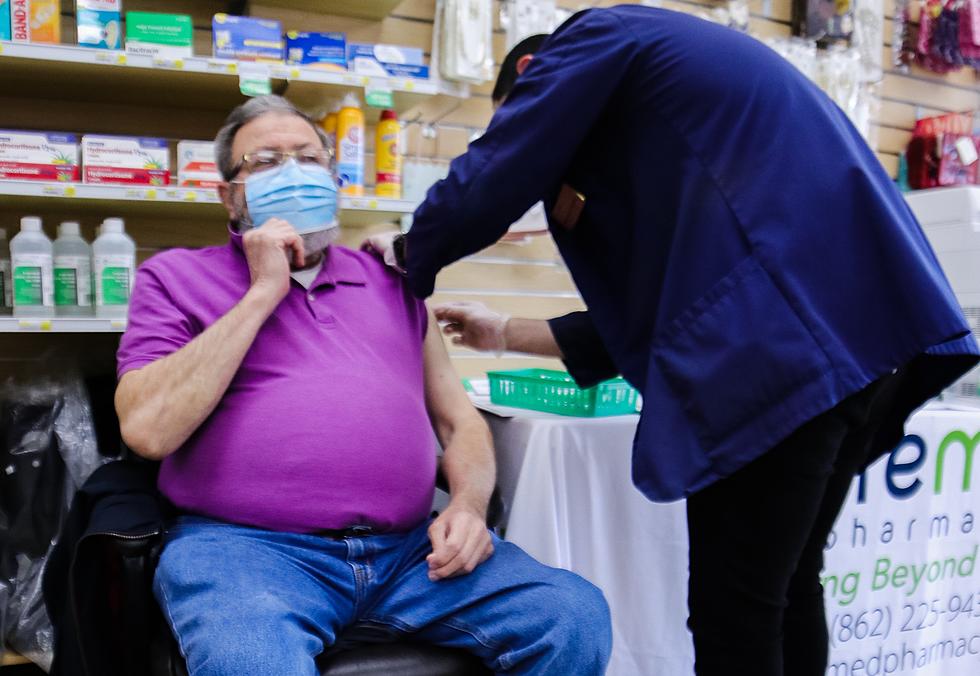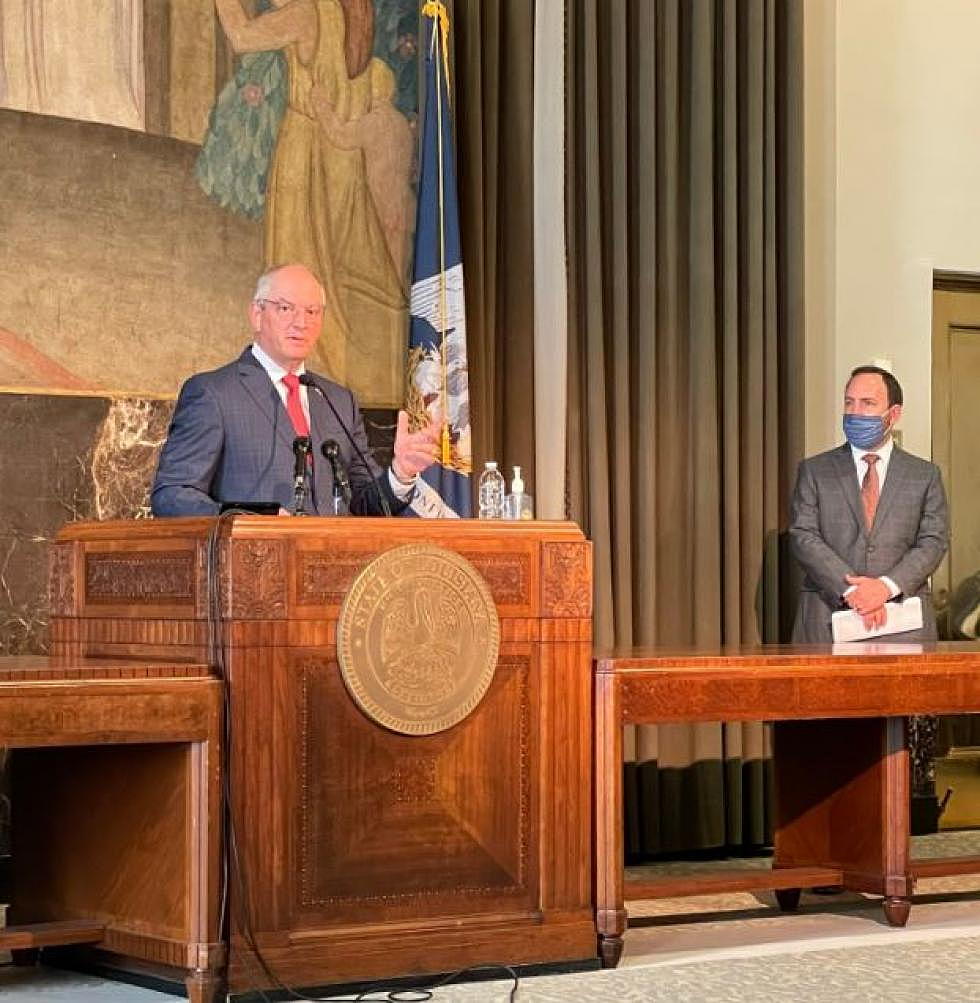
LSU Tracking COVID-19 in Louisiana Wastewater
This is the kind of job that only Mike Rowe, the host of TVs Dirty Jobs could love. What's the job? We want you to track a deadly virus. Oh, and we want you to track that deadly virus in our sewers. Okay, maybe not the job for you or me, but for some researchers at LSU it's exactly what they want to be doing.
The science is called sewage epidemiology and basically it tracks the spread of a particular virus by tracking the virus through human waste in the sewers. Scientists will take samples from many of the 500 or so pumping stations around the city of Baton Rouge. They will then test those samples for the coronavirus, COVID-19, in this case.
So far the studies of the sewerage in Baton Rouge have indicated a drop in the virus which coincides with the results state-mandated testing. The plan is to monitor the city's sewer stations for indications of an increase in the virus, especially if there is to be the second wave of COVID-19 this fall.
The science of sewage epidemiology is not new. The practice has been used for many years to track many different things. From studying waste scientists can determine, for example, if an area has a high use of illegal drugs. This science can also be used to detect other viral agents and chemicals too.
LSU scientists aren't the only ones engaged in this kind of poop patrol. Scientists at universities in Houston, Oregon, and Michigan are conducting similar studies and tests. Hopefully, the information gleaned from these dank encounters will help mitigate the spread of COVID-19 now and in the future.
KEEP READING: See 25 natural ways to boost your immune system
More From 97.3 The Dawg









